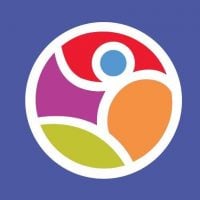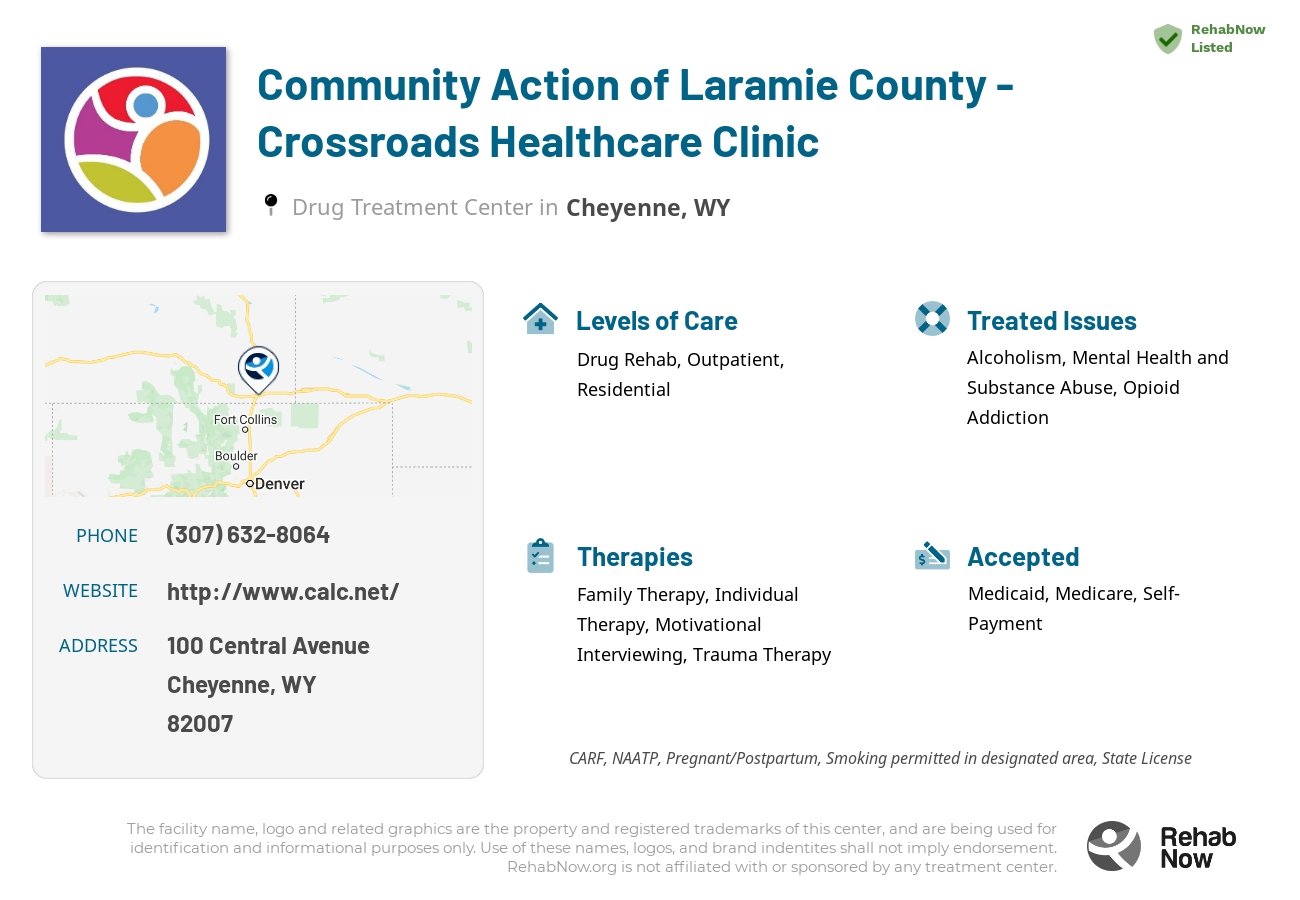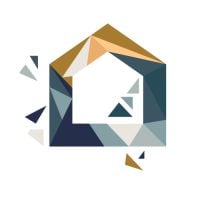Community Action of Laramie County - Crossroads Healthcare Clinic
Drug Rehab Center in Cheyenne, Wyoming
Community Action of Laramie County - Crossroads Healthcare Clinic in Cheyenne, Wyoming is a nonprofit health care clinic that provides comprehensive health care services, including primary care, mental health services, substance abuse treatment, and community education, with a focus on accessibility, affordability, and high-quality care.
About This Wyoming Facility
Community Action of Laramie County - Crossroads Healthcare Clinic in Cheyenne, Wyoming is a nonprofit health care clinic offering comprehensive health care services to individuals and families. The clinic focuses on providing accessible, affordable, and high-quality care, while promoting a healthy lifestyle. Services provided include primary care, mental health services, substance abuse treatment, and community education. The clinic also provides access to free or low-cost medications, lab tests, and preventive health services.
Community Action of Laramie County - Crossroads Healthcare Clinic offers a range of services for people seeking help with addiction and substance abuse, including assessments, individual and family counseling, referral services, and support for the 12-step process. The clinic is licensed and accredited by the Wyoming Department of Health, and provides referrals to long-term treatment facilities when necessary. All services are provided in a safe and confidential environment, helping the community combat the spread of addiction and substance abuse.
Genders
Ages
Modality
Additional
Conditions and Issues Treated
Many people who struggle with opioid addiction need to attend specific programs like methadone , Suboxone or Vivitrol clinics.
These types of programs will provide the patient with legal, prescription medications that can help them overcome their cravings for illegal opioids like heroin or fentanyl . If the patient has a chronic condition like Hepatitis C, they must undergo treatment before they can begin taking these medications.
Levels of Care Offered at Community Action of Laramie County - Crossroads Healthcare Clinic
This center offers a variety of custom treatment tailored to individual recovery. Currently available are Drug Rehab, Outpatient, Residential, with additional therapies available as listed below.
Outpatient treatment programs provide drug and alcohol addiction treatment through individual sessions with a counselor, group therapy, 12-step meetings, and other activities to help individuals gain sober living skills. Most programs are designed for those individuals who have completed a medically supervised detoxification program and provide opportunities for clients to begin the process of early recovery.
Outpatient programs also offer a level of medical support as needed and psychological backing through therapy. Clients are encouraged to live at home, though there may be some flexibility regarding this requirement based on the circumstances and needs of each patient.
Outpatient treatment is perhaps the most common type of dual diagnosis program available. It does not pose a significant financial burden on patients. However, it is essential to note that outpatient treatment does not provide the support and supervision given in residential programs. Some addicts may need this level of support to maintain their sobriety.
Residential treatment programs are those that offer housing and meals in addition to substance abuse treatment. Rehab facilities that offer residential treatment allow patients to focus solely on recovery, in an environment totally separate from their lives. Some rehab centers specialize in short-term residential treatment (a few days to a week or two), while others solely provide treatment on a long-term basis (several weeks to months). Some offer both, and tailor treatment to the patient’s individual requirements.
Therapies & Programs
Therapy sessions focused on the individual addict can provide much-needed guidance as they work toward overcoming their addiction. These types of sessions typically involve guidance from a therapist, who will help addicts identify and process their feelings and cravings.
During these sessions, addicts may develop plans for coping with the triggers that typically lead to relapse and learn how to avoid those triggers during their recovery process.
The main goal of family therapy for drug addiction is to create an environment where communication can occur without judgment, hostility, or blame that often occurs within a family.
Family therapy is a type of group problem-solving that aims to improve communication and relationships between the patient, their family, and sometimes friends. The therapist is with the family as they learn to communicate with each other differently, especially with the addict when s/he is using.
The family can learn to reduce their enabling behavior or rally together and support each other during tough times. The patient also learns how to deal with their addiction and maintain sobriety while interacting with the family.
Trauma Therapy is a form of therapy that involves working with a patient to help them process and understand the past trauma(s) in their life. The idea behind it is that while some people can experience traumatic events and not have lasting psychiatric symptoms, many others will. In these cases, memories of the event get hidden from consciousness but continue to influence how the person processes and copes with things in their life. They may avoid situations that resemble what happened or become suddenly angry or irritated to a situation that reminds them of a past event.
With the help of a therapist, people can go back over memories and experiences. This helps them understand why they are having problems coping with certain situations and how they can change how they think and react to things. This therapy is typically done using techniques such as visualization, discussion, and writing down thoughts and feelings.
Trauma therapists will work with clients to help them understand their past and present relationships. Many times, patients may believe that something is inherently wrong with them or that they are unworthy of love. A therapist aims to correct these negative feelings and behaviors by helping the person realize that their actions do not reflect who they truly are.
One of the main goals of trauma therapy is to help clients express their emotions and talk about what they are feeling. This benefits both to increase awareness of how certain events have impacted them in the past and enables patients to realize that they can make changes in their lives.
Cognitive Behavioral Therapy (CBT) is used by drug treatment centers to help addicts comprehend the causes of their substance abuse and the consequences that follow. Through CBT, clients learn to recognize and avoid high-risk situations and cope with challenging situations when they arise.
CBT treatment often includes a combination of individual therapy, group therapy, lectures, and other activities. The treatment’s goal is to help addicts gain self-control and maintain abstinence from drugs and alcohol over the long term so that an addict can get sober and lead a more productive life.
CBT is particularly effective in helping people overcome their drug problems, especially people whose drug abuse is motivated by self-defeating beliefs and emotions.
Payment Options Accepted
For specific insurance or payment methods please contact us.
Additional Details
Specifics, location, and helpful extra information.
Cheyenne, Wyoming 82007 Phone Number(307) 632-8064 Meta DetailsUpdated November 25, 2023
Staff Verified
Patient Reviews
There are no reviews yet. Be the first one to write one.
Cheyenne, Wyoming Addiction Information
Wyoming has some of the highest rates of alcohol abuse and/or dependency in the nation. Drug and alcohol rehabilitation and treatment are so low that the state ranks 48th in the for admittance to drug and alcohol rehab. Marijuana use remains illegal in Wyoming, both for medical and recreational use, but is the second-largest drug threat in the state.
Over 25,000 people struggle with drug abuse and addiction in Wyoming. Wyoming is ranked 4th in the nation for per capita deaths from an opioid overdose. An estimated 39,000 Wyoming residents aged 12 or older reported misusing pain relievers in the past year. In general, treatment will involve detoxing from the drugs of abuse, followed by therapy and counseling.
Treatment in Nearby Cities
- Lander, WY (233.9 mi.)
- Sundance, WY (228.4 mi.)
- Casper, WY (142.8 mi.)
- Urie, WY (287.9 mi.)
- Fort Washakie, WY (246.5 mi.)
Centers near Community Action of Laramie County - Crossroads Healthcare Clinic
The facility name, logo and brand are the property and registered trademarks of Community Action of Laramie County - Crossroads Healthcare Clinic, and are being used for identification and informational purposes only. Use of these names, logos and brands shall not imply endorsement. RehabNow.org is not affiliated with or sponsored by Community Action of Laramie County - Crossroads Healthcare Clinic.



